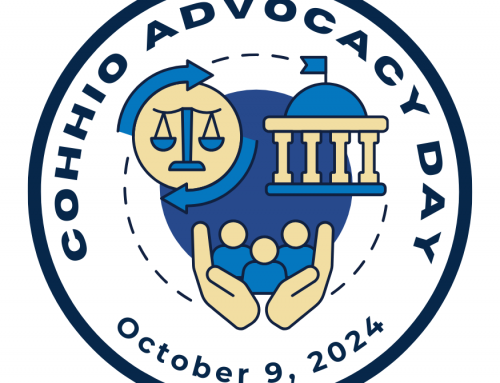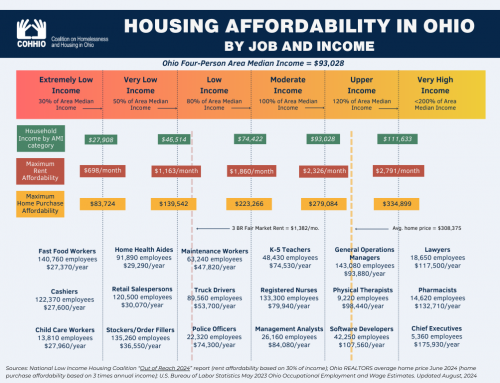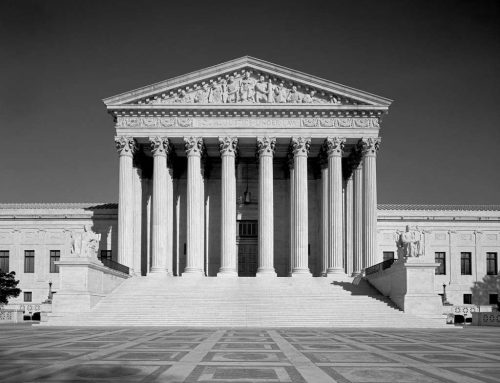Supreme Court Rules on Ohio Voter Purge Case
As I am sure many of you have heard, on Monday, the U.S. Supreme Court ruled that Ohio’s voter purge policy did not violate a 1993 law, the National Voter Registration Act (NVRA), and overturned a lower court’s ruling in Husted v. A. Philip Randolph Institute. This controversial 5-4 decision along partisan lines.
Brief Summary of Facts
The Ohio Secretary of State’s voter purge policy removed voters from the registration rolls due to inactivity. If a voter did not vote for two years, the voter was sent a registration confirmation notice. If the voter did not respond and did not vote over the following four years, the voter is purged from the voter registration rolls. This led to hundreds of thousands of properly registered voters being removed from the rolls simply because they chose not to vote.
The state argued that the voter purge policy was necessary to keep voting rolls current, and aimed to remove voters who had died or moved away. The plaintiff was Navy veteran Larry Harmon, who was unable to vote in 2015 because he had been purged from the rolls under the Secretary of State’s policy. Harmon, represented by Demos and the ACLU, argued that this policy disproportionately affected minority and poor voters.
Decision
The majority opinion, authored by Justice Alito and joined by Justices Roberts, Kennedy, Thomas, and Gorsuch, sided with the Ohio Secretary of State. The opinion emphasized that Ohio’s policy followed the law because it did not ban voters solely for not voting, but rather the inactivity simply triggered step one of the removal process, the second step being the failure of an inactive voter to respond to the Secretary of State’s notification.
The dissent, authored by Justice Breyer and joined by Justices Sotomayor, Ginsburg, and Kagan, argued that the policy improperly removes voters “solely by reason of failure to vote” in direct violation of the NVRA. He also stated that the policy did not constitute a “reasonable effort” to remove ineligible voters. People tend to not send confirmation notices back to the government, so the return card is not a reliable method in determining whether someone moved.
Justice Sotomayor wrote an additional dissenting opinion, stating that the Court’s ruling “ignores the history of voter suppression against which the NVRA was enacted and upholds a program that appears to further the very disenfranchisement of minority and low-income voters that Congress set out to eradicate.”
Where We Go from Here
While this ruling clears the way for the state to resume its aggressive voter purge program, Secretary of State Jon Husted has said no additional voters would be purged until after the November election. Fortunately federal law prohibits voter registration cancellations 90 days ahead of federal elections, and with the Aug. 7 special election in the 12th Congressional District, Ohio cannot resume the voter purge until after the Nov. 6 General Election.
The next secretary of state, which will be determined by the November election, will have considerable influence over how aggressively the office will purge occasional voters from the rolls in the future. In any case, hundreds of thousands of occasional voters – including many minority and economically disadvantaged Ohioans – have already been purged.
The Ohio Votes project can help you and your agency make sure the people you serve can still engage in the democratic process. If you’re interested in participating, please fill out this brief survey and we’ll get in touch soon.
Other Voting News
Legislation that would allocate $114.5 million in state funds to help counties purchase new voting machines ahead of the 2020 election passed the Ohio House by an 87-0 vote last week. This bipartisan bill (SB 135) appears headed for final approval – a positive development as many county boards of election are struggling to maintain voting machines that are well over a decade old.
Upcoming Event:
Ohio Fair Courts Working Group – Thursday, June 28, 10 am-4 pm
Ohio Education Association
225 E. Broad St, 2nd Fl. Media Center
Columbus, OH 43215
Expert trainer and facilitator Carin Schiewe from Wellstone Action will lead us in dynamic discussions around how the courts impact our rights as Ohioans. We will also explore the direct link between people power at the community level and the impartiality of our courts. Messaging and training will be provided by Nick Lyell from Rethink Media. A lunchtime panel will feature former Judge Ron Adrine, of Cleveland Municipal Court, who championed bail reform in Cuyahoga County, and Judge Cindi Morehart, who presides over a special mental health docket in Franklin County Municipal Court.
This event is co-sponsored by Common Cause Ohio, Ohio Voter Rights Coalition, American Constitution Society (Columbus), ProgressOhio, and the Ohio Environmental Council. RSVP here








